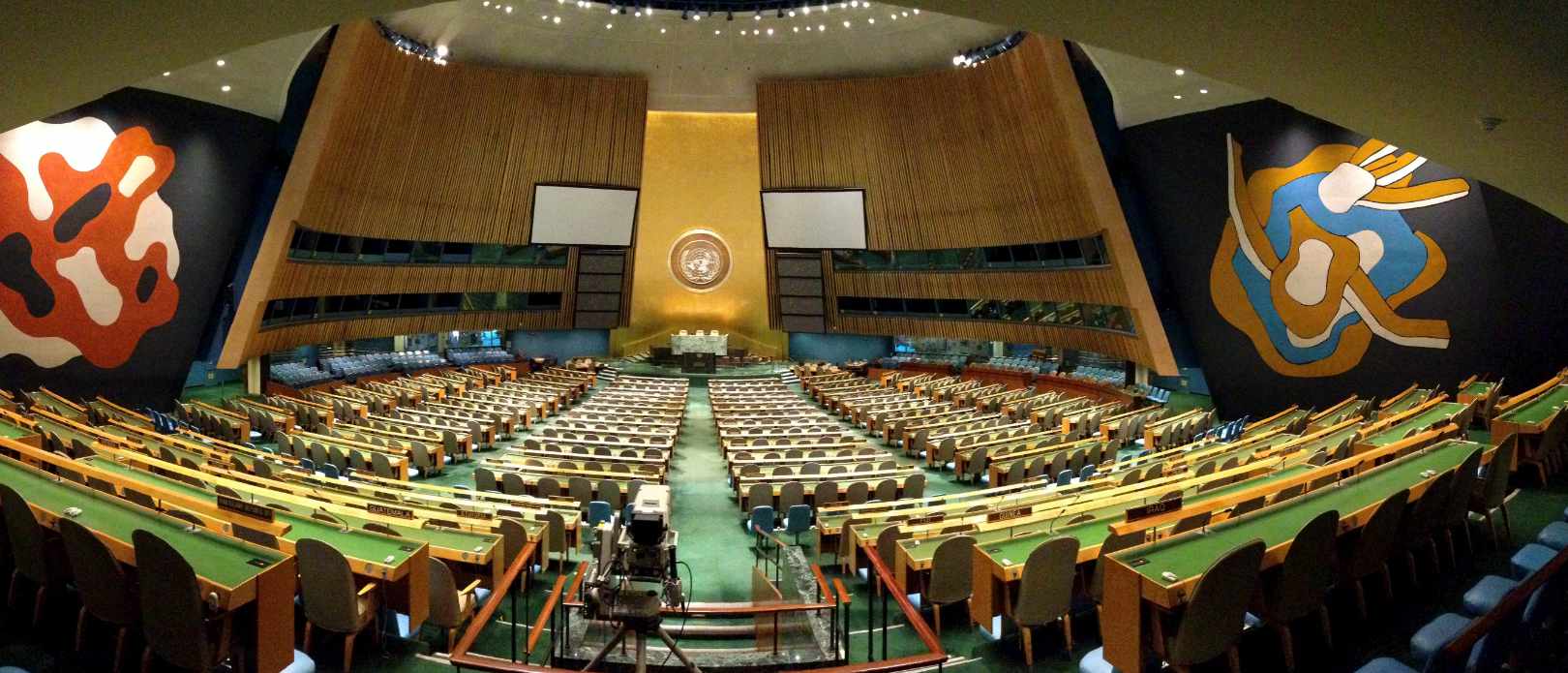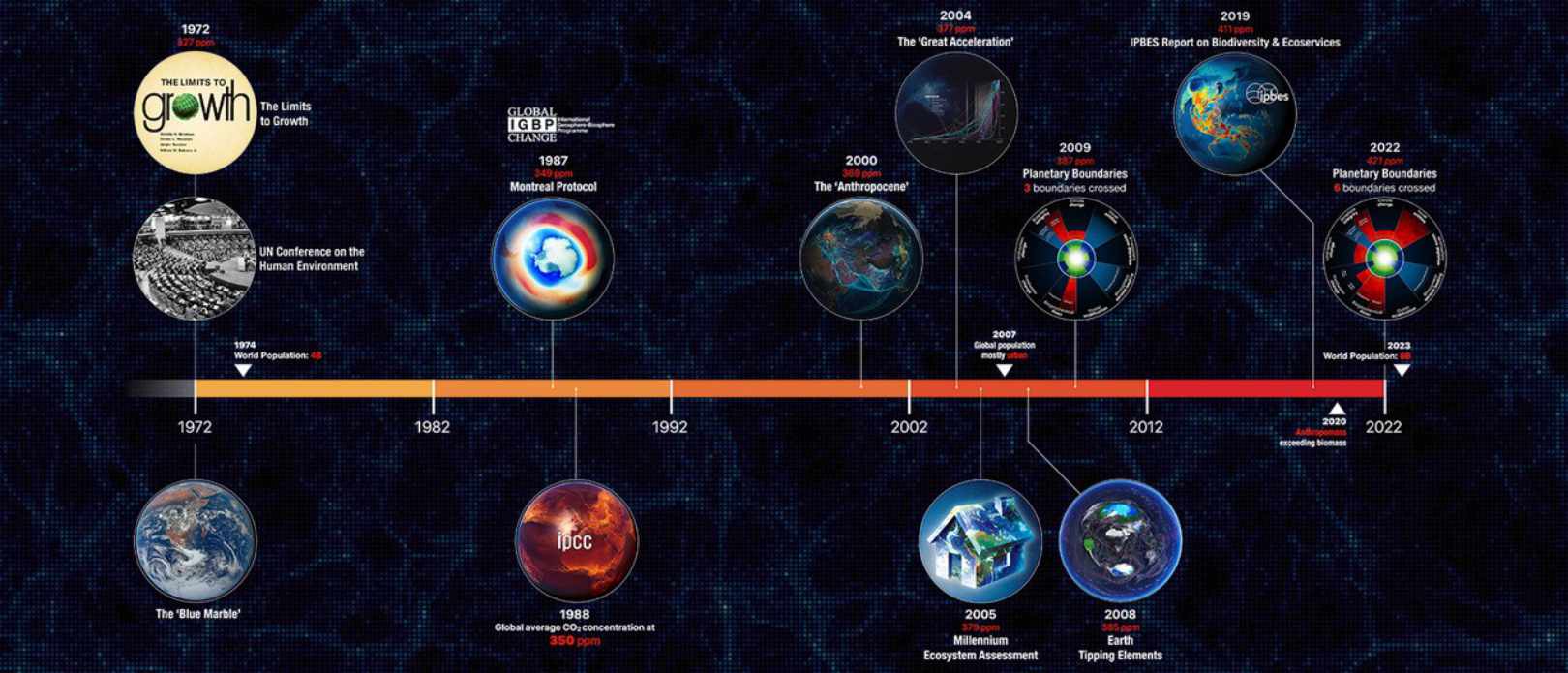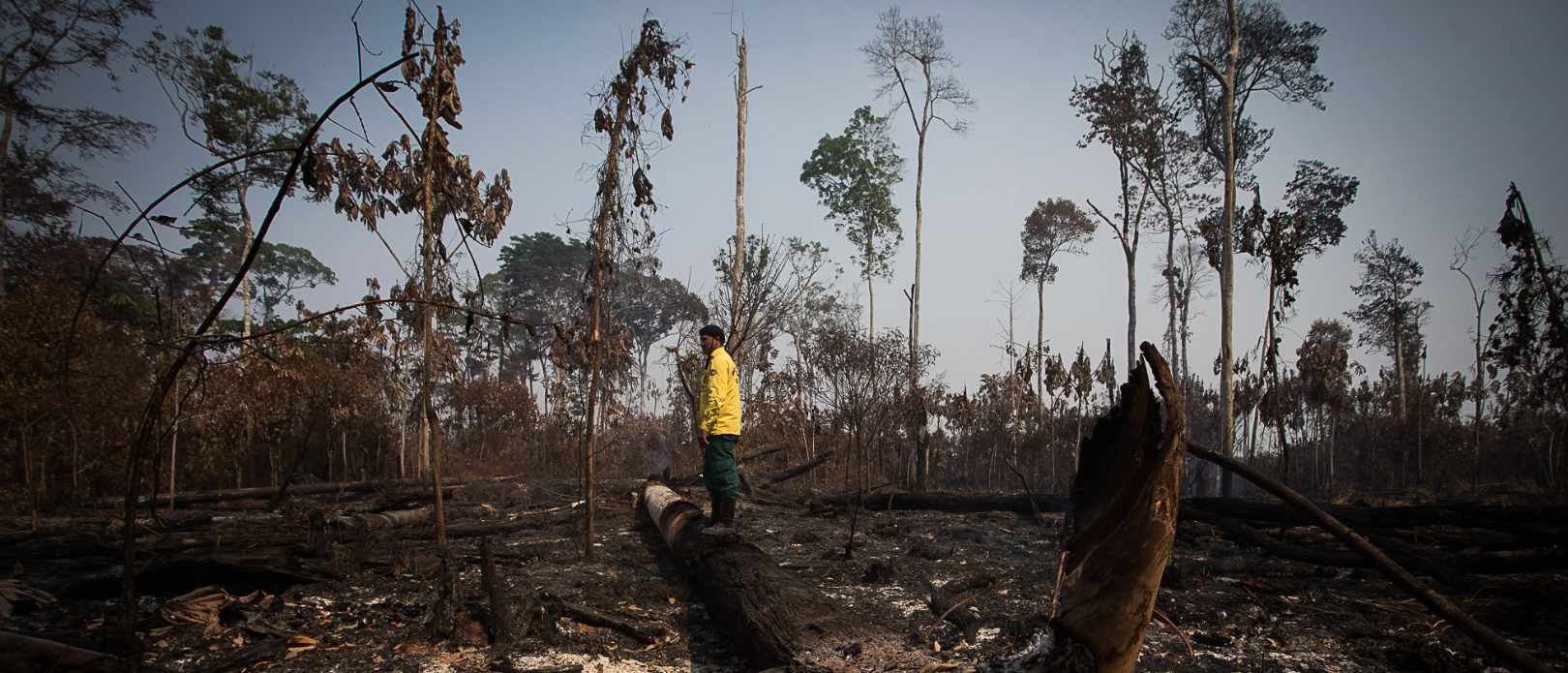GOVERNANCE
What has 50 years of global sustainability taught us?

Picture of the UN General Assembly. Five decades of international institution building may not have delivered much, but a globalised world without any consideration for the environment, would likely have been far worse, argues Victor Galaz. Photo: Wikipedia (CC BY-SA 3.0)
Centre deputy director Victor Galaz reflects on successes and failures of collective action and global governance
- Galaz looks back at 50 years of efforts to create global environmental institutions
- The tremendous acceleration of human development is pushing our planet dangerously close to its boundaries
- Five decades of international institution building may not have delivered much, but the alternative would likely have been far worse
LET’S TAKE A MOMENT: The prospects for a just, safe and sustainable future for all look bleaker in many respects but the science-based innovative efforts to tackle the climate crisis have improved in astounding ways as well.
This is one of the main reflections Galaz makes in a commentary recently published in One Earth.
Galaz looks back at 50 years of efforts to create global institutions that can “grasp and address” the environmental impacts of modern human enterprise.
It isn’t easy and much has changed since the historic 1972 UN Conference on the Human and Environment and the subsequent creation of the UN Environmental Programme (UNEP), Galaz notes.
I’m convinced that our journey into a new geological epoch, the Anthropocene, poses radically different challenges to those that the international institutions birthed 50 years ago were designed to manage.
Victor Galaz
Changes with unprecedented speed
5o years might not seem long in the history of our planet, but the changes over last 50 years have been so considerable that what was unimaginable only a few decades ago is now considered a reality – that humans are able to alter the very functioning of planet Earth.
The tremendous acceleration of human development, particularly since World War II, is pushing our planet dangerously close to its boundaries.
This has led scientists to argue that we have entered a new geological era called the Anthropocene, or Age of Human, where humanity is influencing every aspect of the Earth on a scale akin to the great forces of nature.
“The speed of the environmental changes that characterise the Anthropocene are unprecedented, and global environmental governance is struggling to keep up,” Galaz warns.
Dismantle and innovate
That said, things could have been a lot worse. Five decades of international institution building may not have delivered much, but the alternative, a globalised world without any consideration for the environment, would likely have been far worse.
They are not shielded from criticism but science-policy organisations such as the Intergovernmental Panel on Climate Change, the UN Framework Convention on Climate Change and the Convention on Biological Diversity have all helped move the sustainability agenda forward.
Changing norms and dismantling old and dysfunctional institutions is not done overnight, and anti-environmentalist populist movements are likely to create additional hurdles.
But several countries, international organisations and alliances including the EU are showing signs of wanting a change.
The Just Energy Transition Partnership for example, a coalition between South Africa, France, Germany, the UK, the US and the EU, supports South Africa’s efforts to replace its coal plants with green jobs in clean energy production.
Although it is too early to say whether the partnership will achieve its ambitions, Galaz concludes, it is an example of what the world needs more of: innovative collaboration designed to dismantle unsustainable norms and practices.
Galaz, V. 2022. Global environmental governance in times of turbulence. One Earth Volume 5, Issue 6, 17 June 2022, Pages 582-585, https://doi.org/10.1016/j.oneear.2022.05.018








